Physics
Links:
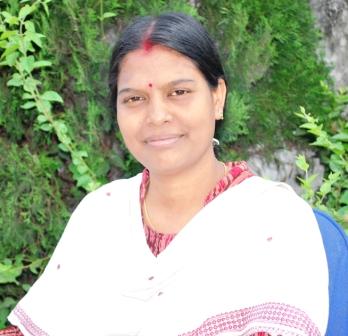
Dr. Jayashree Singh, Ph.D
HOD, Physics
PHYSICS
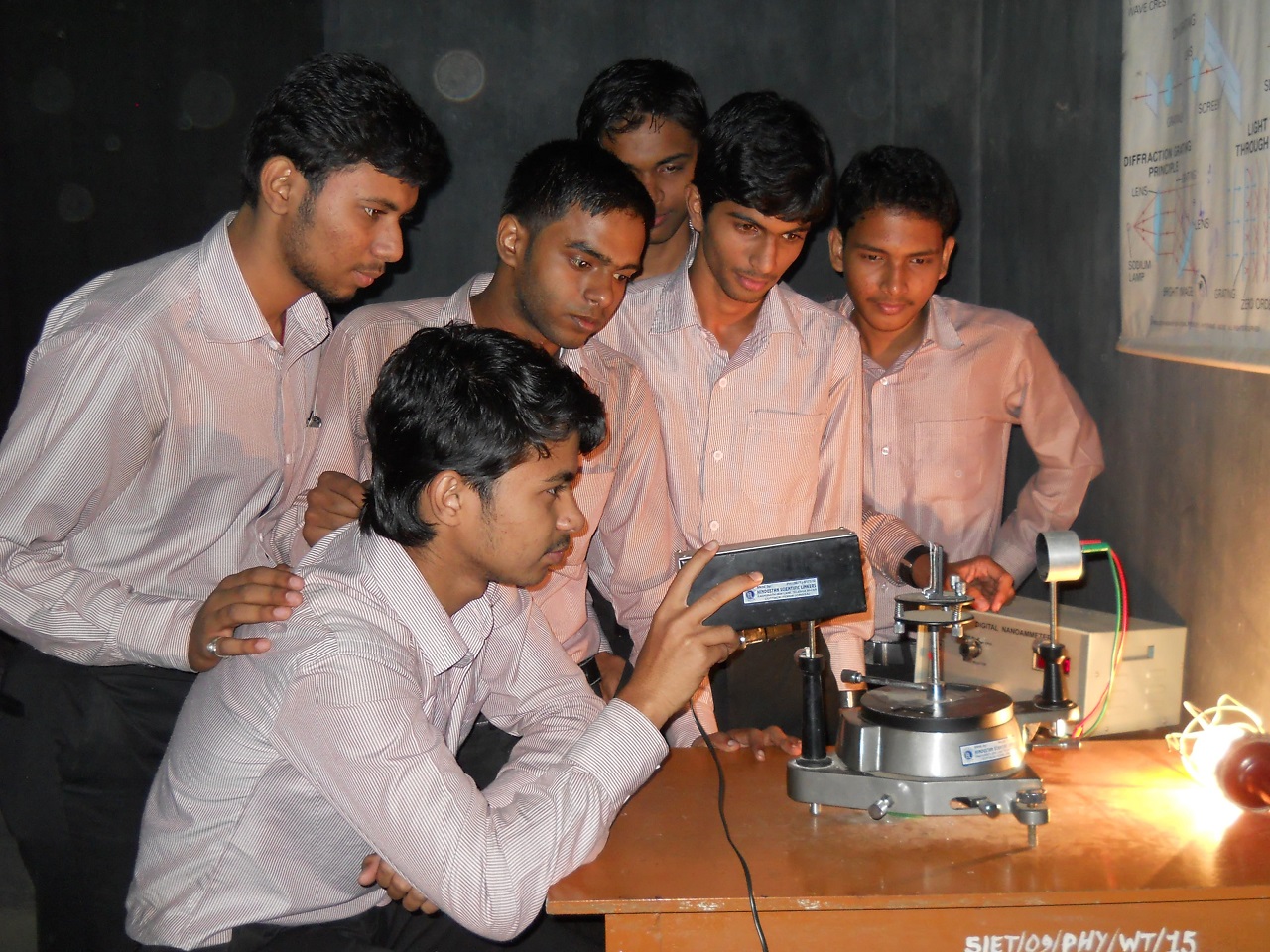
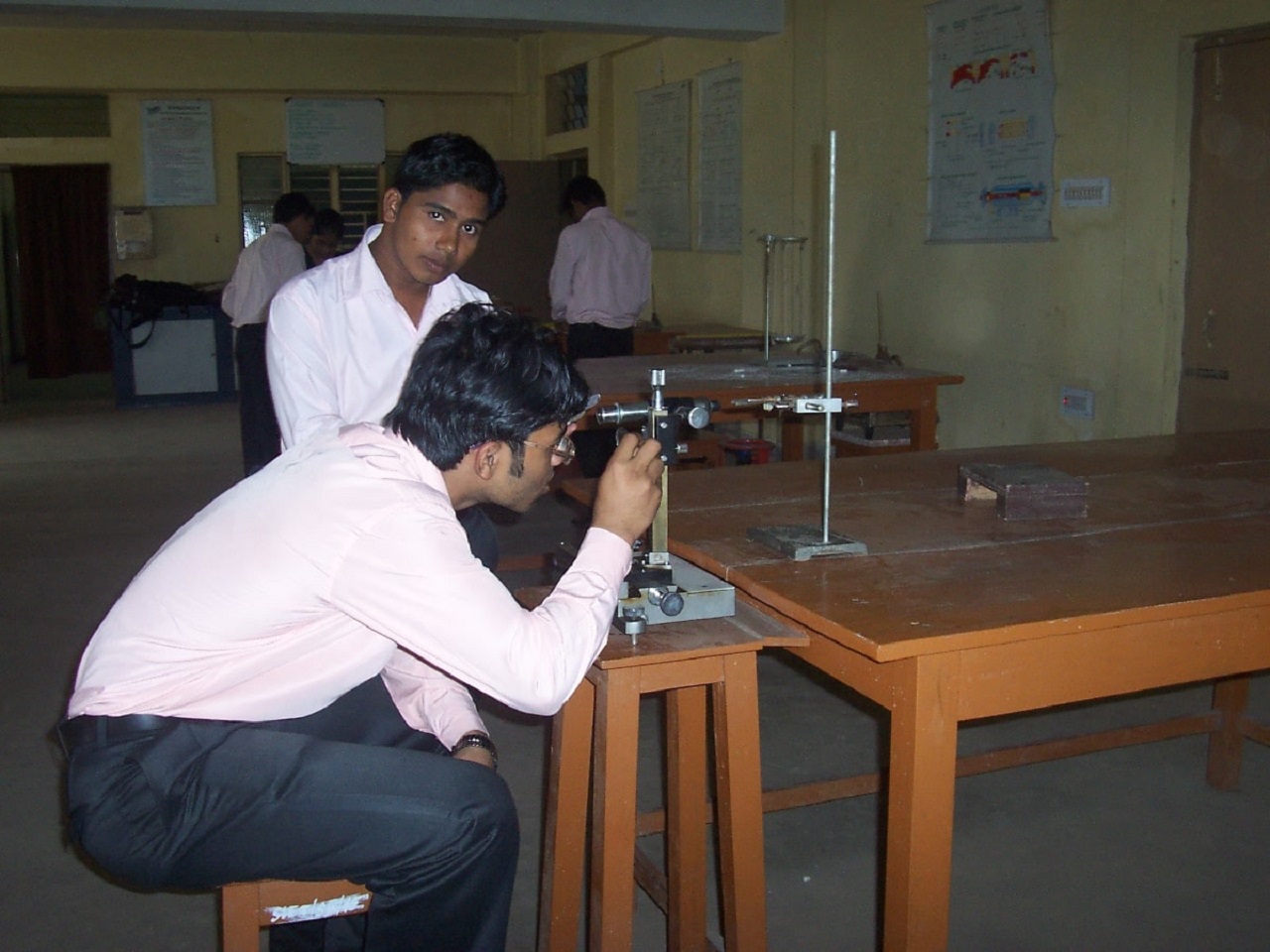
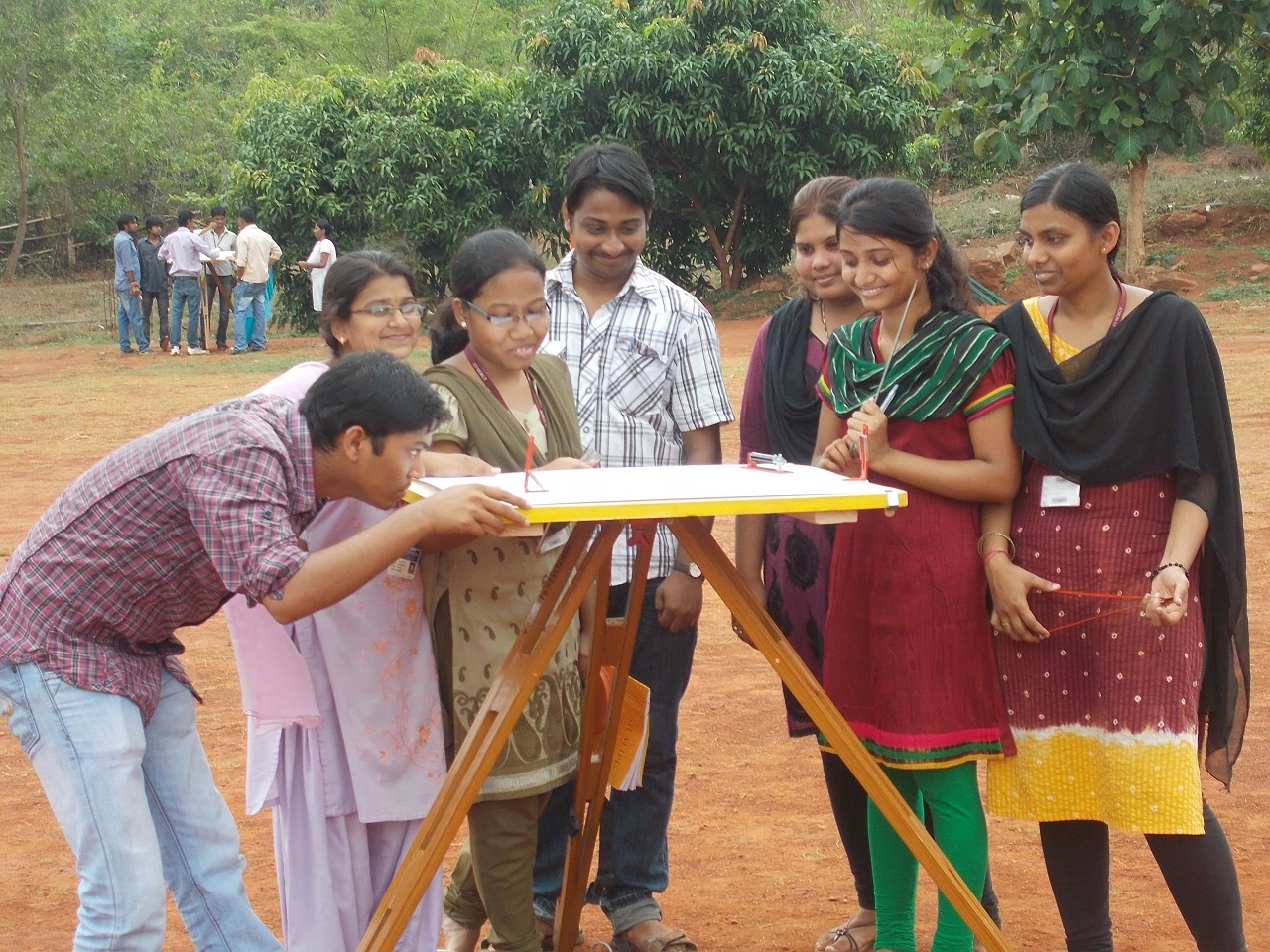
Vision
To take the leadership in setting the standard of Physics Education in terms of Teaching and Research in the State as well as in the Country. To create and sustain the conditions for our students to experience a unique educational training that is intellectually, socially and personally transformative.
Mission
M1: To make quality education accessible to talented students.M2: Strive to maintain high academic standard in teaching and research consistent with global scenario.
M3: Reach out to the peripheral sectors and public at large in spreading the culture of scientific education and research.
Course Outcomes (New Syllabus 2023-24)
CO1: Demonstrate proficiency and perceptive of the basic concepts in physics.CO2: Utilize the scientific and experimental methods to investigate and verify the concepts related to content knowledge.
CO3: Exploring the engineering applications and apply quantum mechanics to engineering phenomenon.
CO4: Identifying the relevant formulae and workout engineering problems.
CO5: Comprehend principle, concept, working and application of new technology and comparison of results with theoretical calculation.
Course Outcomes (Old Syllabus)
CO1:Understand various types of oscillations and their implications, the role of shock waves in various fields and recognize the elastic properties of materials for engineering applications.CO2: Realize the interaction between time varying electric field and magnetic field, the transverse nature of electromagnetic waves, and various properties of light waves such as interference & diffraction and role of optical fiber in communication.
CO3: Understand various crystal systems, concepts of fermions and bosons with their distributions functions and study the classification of materials in terms of band theory.
CO4: Compute Eigen values, Eigen function, momentum of atomic and subatomic particles using time independent one-dimensional Schrodinger wave equation and apprehend theoretical background of laser, construction and working of different types of lasers and its application.
List of Experiments:-
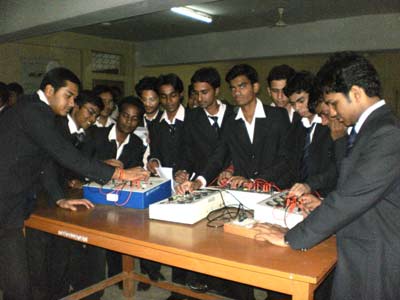 The Physics Lab is well equipped with advanced instruments and modern facilities for experiment & research purposes to ensure the basic concepts in fundamental sciences.
The Physics Lab is well equipped with advanced instruments and modern facilities for experiment & research purposes to ensure the basic concepts in fundamental sciences.
→ 1. Determination of acceleration due to gravity by Bar pendulum.
→ 2. Determination of Young’s modulus by Searle’s method.
→ 3. Determination of Rigidity modulus of the material by static method
→ 4. Determination of wavelength of monochromatic light by Newton’s ring.
→ 5. Verification of laws of vibration of string using sonometer.
→ 6. Study of RC circuit.
→ 7. Plotting of characteristic curve of a PN junction diode
→ 8. Plotting of characteristic curves of BJT.
→ 9. Determination of grating element of plane diffraction grating using spectrometer.
→ 10. Determination of surface tension of water by capillary rise method.
→ 11. Study of RLC circuit.
→ 12. Determine e/m ratio.
→ 13. Magnetic field measurement by Helmholtz coil.
Instrument Facilities for Research work
• Michelson interferometer• Hall effect apparatus
• Laser diffraction
Research Work
• Ultrasonic study of binary mixtures of 1,2-dichlorobenzene with polar diluents at frequency 2MHz and temperature 303.16K via-a-vis molecular interaction.
• Dielectric investigation of binary mixtures involving a nuclear extractant 1,2-dicholorobenzene and non-polar solvents.
• Ultrasonic behavior of ternary mixtures of ethyl methyl ketone (EMK) with (benzene+p-xylene).
• Evaluation of ultrasonic parameters in binary mixture of ethyl methyl ketone (EMK) and alcohols vis-à-vis molecular interaction.
• Study of molecular interaction in ternary mixture of 1, 2-dichlorobenzene with (benzene+p-xylene)- linear correlation factor, excess molar polarization.
• Study of dipolar association in polar-polar system of Ethyl Methyl Ketone (EMK) and carboxylic acids vis-à-vis molecular interaction.
• Study of Dipolar Association in Polar-Polar System of Ethyl Methyl Ketone (EMK) and Alcohols vis-à-vis molecular interaction.
• Ultrasonic Behaviour of Ternary Mixtures of 1,2-Dichlorobenzene with (Carbon Tetrachloride + n-Heptane).
• Evaluation of ultrasonic parameters in binary mixture of 1,2-dichlorobenzene and non-polar solvents vis-à-vis molecular interaction.
• A review on recent development on agricultural drone.
• Tribo-performance analysis of an agro-waste filled epoxy composites using finite element method.
• A computational investigation for the impact of particle size on the mechanical and thermal properties of Teak Wood Dust (TWD) filled polyester composites.
• Sliding wear characterization of epoxy composites filled with wood apple dust using Taguchi analysis and finite element method.
• Sliding wear characterization of cenosphere nanoparticle epoxy composites using response surface method.
Seminar/ workshop/ Conference
• Organized a Virtual National Webinar on “Encouraging Youth to take up Dronery” in collaboration with Department of Mechanical engineering on 6th August 2021.• Organized a National Webinar on “Nanotechnology” on 24th June 2020.
• Organized a National Webinar on “Re-Engineering Mother India” on 13th February 2021.
• Organized a webinar on “Control Mind & Calculate Happiness” on 21st June 2022.
Department Advisory Board
| 1. | Dr. Prashanta Kumar Nayak | Director |
| 2. | Senior Faculty Members of the Department Dr. Jayashree Singh Dr. Matru Prasad Dash |
Prof., HOD Phy, SIET Assistant Professor, Phy, SIET |
| 3. | Dr. L.D. Samant Dr. P. Pradhan |
Professor, EE, SIET Associate Prof., HOD ME, SIET |
| 4. | Representatives from Academics Prof. (Dr.) Jatin Dash Prof. (Dr.) G.C. Mohanty Dr. Swaroop Acharya Dr. Sacchidananda Ratha Dr. Dillip Bisoyi |
Retd. Prof. UCE, Burla Ex- Principal Khallikote College CSIR Pool Scientist Associate Prof., IIT BBSR Associate prof., NIT Rourkela |
